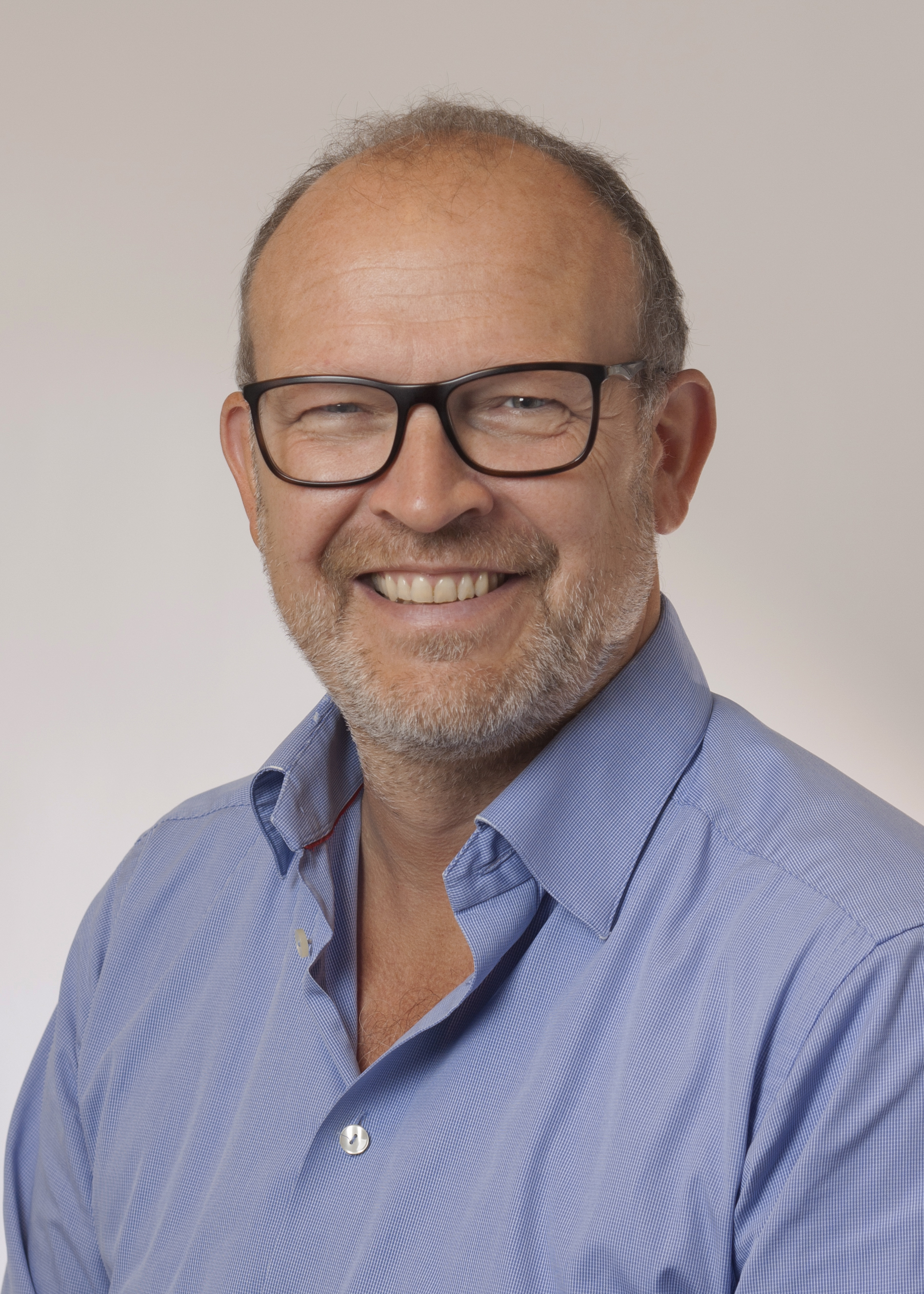Poul Nissen receives the Lundbeck Foundation's professor grant
The Lundbeck Foundation is awarding grants worth DKK 232 million (USD 34 million) to six leading neuroscientists. The LF Professorships programme is the Foundation’s largest grant allocation to date.

We need to move the brain higher up the agenda. That is why the Lundbeck Foundation, with its professor programme, wants to support the development of strong brain research environments, centered on leading, internationally recognised researchers. A Lundbeck Foundation professor is expected to contribute to ground-breaking research and, as a mentor, to help developing the next generation of skilled researchers.
- ‘The brain is our most complex organ. It essentially controls all of our interactions with our surroundings, and it is also home to our psychological identity. Because the brain is so complex, there are still fundamental holes in our knowledge of how it works and what goes wrong in the case of numerous diseases. So, we’ve decided to make the brain the centrepiece of our Lundbeck Foundation grants,’ says Jan Egebjerg, Director of Research at the Lundbeck Foundation.
- ‘Brain disorders pose a serious threat, both to the individual and to our national economy – not least, because the global population is getting older. So, it’s important that, as a society, we step up our ambitions, to enable Denmark to develop into one of the world’s leading brain research nations. One of the Lundbeck Foundation's contributions to this goal is our LF Professorships programme,’ he says.
The grant allows for long-term thinking
With a six-year grant of DKK 40 million (USD 6 million), Poul Nissen from the Department of Molecular Biology and Genetics – DANDRITE at Aarhus University will investigate the three-dimensional structure and dynamics of specific proteins, from atomic to sub-cellular level. He will analyse and establish models of the protein structures in order to gain an understanding of the basic mechanisms that sustain and organise neurons as well as the connections between them. He will use sophisticated techniques such as cryo-electron microscopy and x-ray crystallography to study a structure in the neurons known as the axonal initial segment. This is where nerve activity is generated, and it is therefore crucial for neuronal signalling.
- ‘With this very prestigious grant from the Lundbeck Foundation, we can seriously think long-term and invest in important overall issues and key methods, such as electron microscopy, which are crucial for Danish brain research. I am immensely grateful for the trust and impact the Lundbeck Foundation has with their professorship programme, and I look forward to exciting projects with outstanding colleagues in neuroscience,’ says Poul Nissen.
The other five recipients of the Lundbeck Foundation's professor grant are:
- Jelena Radulovic, Department of Biomedicine, Aarhus University
- Leif Østergaard, Department of Clinical Medicine, Aarhus University
- Messoud Ashina, Department of Clinical Medicine, University of Copenhagen and Rigshospitalet Glostrup
- Andreas Kjær, Department of Biomedical Sciences, University of Copenhagen and Rigshospitalet
- Ole Kiehn, Department of Neuroscience, University of Copenhagen
Ole Kiehn is also Scientific Advisory Board member at DANDRITE.
Jelena Radulovic and Leif Østergaard are both part of the NeuroCampus Aarhus environment at Aarhus University.
This article is based on a press release from the Lundbeck Foundation.
For further information about Poul Nissen’s research, please contact
Professor Poul Nissen
Department of Molecular Biology and Genetics/DANDRITE
Aarhus University, Denmark
pn@mbg.au.dk – +45 2899 2295
